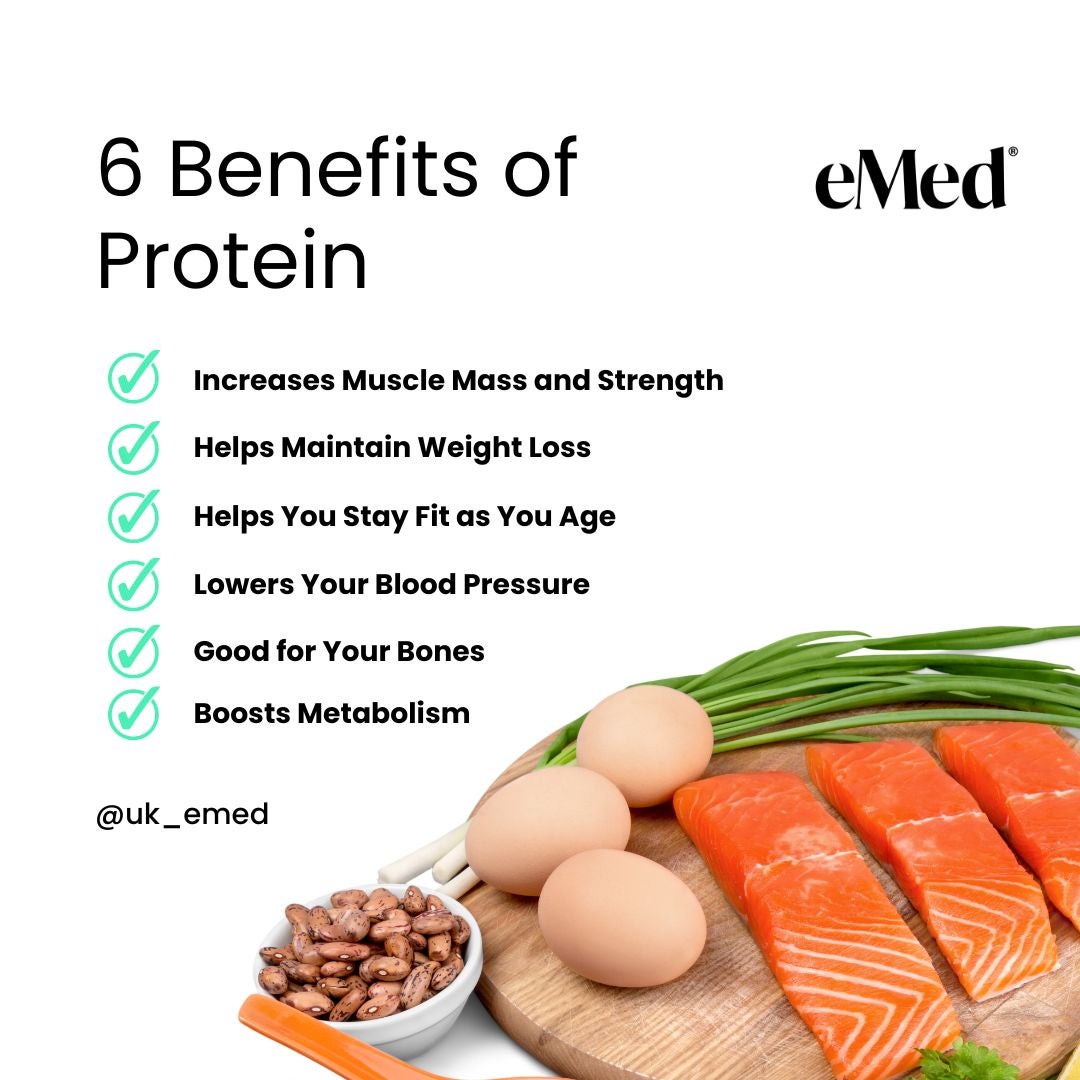Ahlian Jian Insights
Exploring the latest trends and news in various fields.
Protein Panic: Are You Getting Enough?
Is your protein intake lacking? Discover shocking truths about protein needs and fuel your body right!
The Essential Guide to Protein: How Much Do You Really Need?
Understanding protein is crucial for anyone aiming to optimize their health, fitness, and overall well-being. Protein is one of the three macronutrients that our bodies require, along with fats and carbohydrates. It plays a vital role in building and repairing tissues, producing enzymes and hormones, and supporting immune function. But how much protein do you really need? While the recommended dietary allowance (RDA) for protein is 0.8 grams per kilogram of body weight for adults, this number can vary based on factors such as age, sex, activity level, and overall health. For athletes or individuals with higher physical demands, the protein requirements can increase significantly, ranging from 1.2 to 2.0 grams per kilogram of body weight.
To effectively incorporate protein into your diet, consider the following tips:
- Prioritize lean sources such as chicken, fish, beans, and legumes.
- Incorporate protein-rich snacks, like Greek yogurt or nuts, to meet your daily needs.
- Consult with a nutritionist to tailor your protein intake based on your specific lifestyle and fitness goals.
Remember that while protein is essential, balance is key. A varied diet that includes adequate amounts of carbohydrates and healthy fats will ensure optimal health and performance.

5 Signs You're Not Getting Enough Protein in Your Diet
Protein is an essential macronutrient that plays a vital role in various bodily functions, including muscle repair and immune response. Not getting enough protein can lead to several signs that may indicate a deficiency. Here are 5 signs you should watch out for:
- Fatigue: One of the earliest signs of insufficient protein intake is persistent fatigue. Your body requires protein for energy production, and a lack of it can leave you feeling drained and lethargic.
- Muscle Weakness: If you notice a decline in your physical strength or muscle mass, it might be an indicator that you're not consuming enough protein.
- Slow Healing: Protein is crucial for tissue repair. If your cuts and bruises are taking longer to heal than usual, consider reevaluating your protein intake.
- Frequent Illness: A weak immune system can result from inadequate protein consumption, making you more susceptible to infections and illnesses.
- Hair and Nail Issues: Brittle nails and hair loss can also signal protein deficiency, as your body may start to divert protein to more critical functions.
Plant-Based vs. Animal-Based Protein: Which is Better for You?
Plant-based protein and animal-based protein both offer unique benefits, and choosing between them often depends on individual health goals and dietary preferences. Plant-based proteins, found in foods like lentils, beans, nuts, and soy products, are rich in fiber, vitamins, and phytonutrients. They are generally lower in saturated fats and cholesterol, making them a heart-healthy option. Additionally, incorporating these proteins can enhance gut health and reduce the risk of chronic diseases, such as heart disease and diabetes.
On the other hand, animal-based proteins, such as those from meat, dairy, and eggs, provide complete proteins that are rich in essential amino acids. They often contain vital nutrients, including vitamin B12, heme iron, and omega-3 fatty acids, which are less prevalent in plant sources. However, it's essential to consider the quality and sources of these proteins, as overly processed or high-fat options can lead to negative health effects. Ultimately, the best choice may involve a combination of both types of protein, tailored to meet your specific nutrition needs and lifestyle.